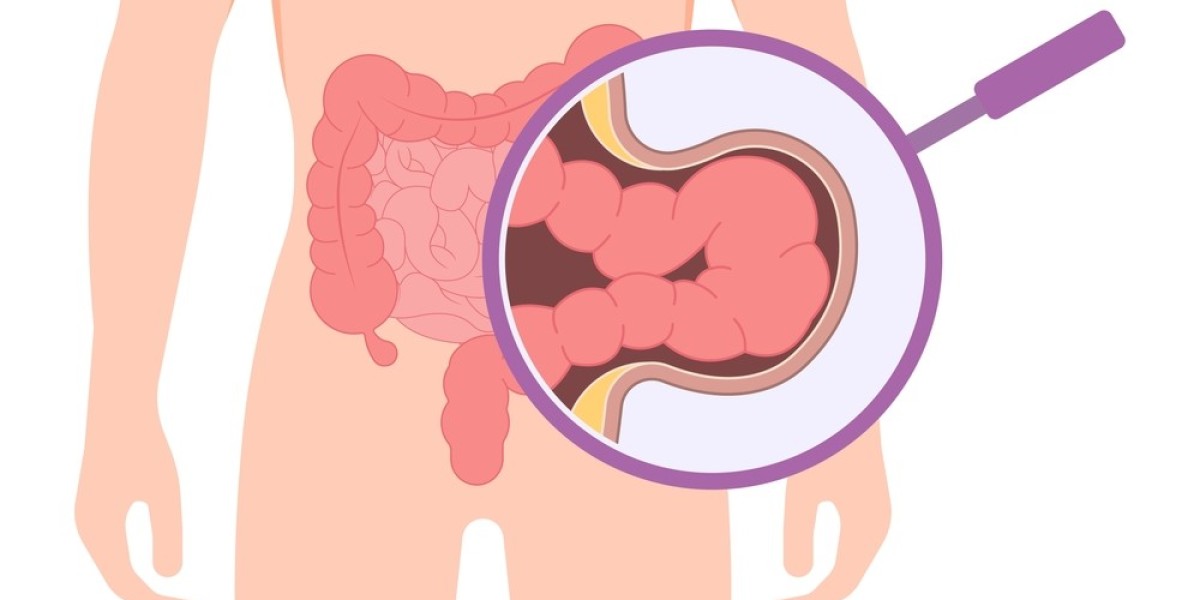Umbilical hernias are a common condition characterized by a protrusion of tissue through an opening in the abdominal wall near the belly button (umbilicus). This condition can affect individuals of all ages, but it is particularly prevalent among infants and adults, especially women. Understanding the causes, symptoms, diagnosis, and treatment options for umbilical hernias is essential for effective management.
What is an Umbilical Hernia?
An umbilical hernia occurs when a portion of the intestine or fatty tissue pushes through the abdominal wall or into the inguinal canal near the umbilicus. This can create a noticeable bulge that may become more pronounced when straining or coughing. While many umbilical hernias are asymptomatic, they can lead to complications if left untreated.
Causes and Risk Factors
Several factors contribute to the development of umbilical hernias:
- Congenital Defects: Some individuals are born with a weakness in the abdominal wall.
- Increased Pressure: Conditions that increase pressure in the abdomen, such as obesity, pregnancy, or heavy lifting.
- Age: The risk increases with age as abdominal muscles weaken.
- Previous Surgeries: Surgical scars can create weak spots in the abdominal wall.
Symptoms
Symptoms of an umbilical hernia may include:
- A noticeable bulge near the belly button.
- Discomfort or pain at the site, especially when bending over or lifting.
- Nausea or vomiting if the hernia becomes incarcerated (trapped) or strangulated (blood supply cut off).
Diagnosis
Diagnosis typically involves a physical examination by a healthcare provider. In some cases, imaging tests like ultrasound or CT scans may be used to assess the size and contents of the hernia.
Treatment Options
Surgical intervention is generally recommended for symptomatic umbilical hernias or those that are enlarging. There are several surgical approaches:
1.Open Surgery
This traditional method involves making a larger incision at the site of the hernia. The surgeon will push the bulging tissue back into place and close the defect, often using mesh to reinforce the area and prevent recurrence.
2.Laparoscopic Surgery
Laparoscopic repair is a minimally invasive technique that uses several small incisions and specialized instruments. A camera is inserted to guide the surgery, allowing for quicker recovery times and less postoperative pain compared to open surgery.
3.Robotic Surgery
Robotic-assisted laparoscopic surgery offers enhanced precision through robotic instruments controlled by the surgeon. This method can be particularly beneficial for complex cases.
Recovery
Recovery times vary based on the surgical technique used:
- Open Surgery: Patients may require several days off work and should avoid heavy lifting for about three weeks.
- Laparoscopic Surgery: Many patients can return to normal activities within one week.
Postoperative care includes managing pain with prescribed medications and following specific instructions from healthcare providers to ensure proper healing.
Complications
While umbilical hernia surgeries are generally safe, potential complications include:
- Infection at the surgical site.
- Recurrence of the hernia.
- Injury to surrounding tissues or organs during surgery.
Conclusion
Umbilical hernias are a common surgical issue that may require intervention depending on symptoms and size. Both open and laparoscopic surgeries are effective options, with laparoscopic techniques offering benefits such as reduced recovery time and less postoperative discomfort. Early diagnosis and treatment are crucial to prevent complications like incarceration or strangulation. Individuals experiencing symptoms should consult a doctor for hernia treatment for evaluation and management options tailored to their specific needs.
Reach out to us, we have the best hernia doctor in Delhi, NCR.
Call Now at +91 9999456455
Book an Online Appointment: https://www.habiliteclinics.com/appointment.html










